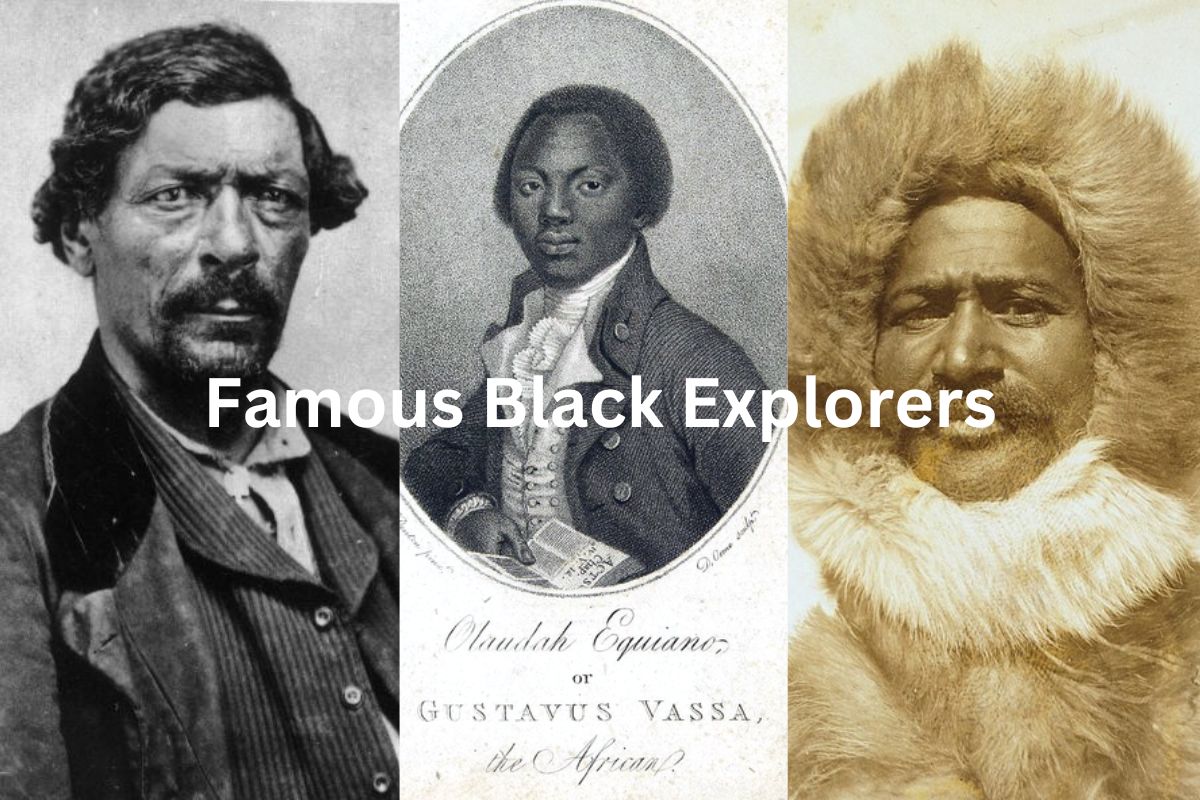Black explorers have played an important part in discovering new areas, mapping undiscovered territories, and disseminating knowledge of other cultures throughout history.
Despite severe challenges such as racism, prejudice, and a lack of resources, these explorers made significant contributions to science, geography, and history.
They traveled to various regions of the world, from Africa and the Americas to Europe and Asia, and made important findings that helped create our current view of the world.
Among the most well-known Black explorers are Matthew Henson, Jean Baptiste Point DuSable, Esteban Dorantes, and Mansa Musa, among many more. Their legacies continue to inspire future generations of explorers and adventurers to explore new territories and push boundaries.
Famous Black Explorers
1. Matthew Henson
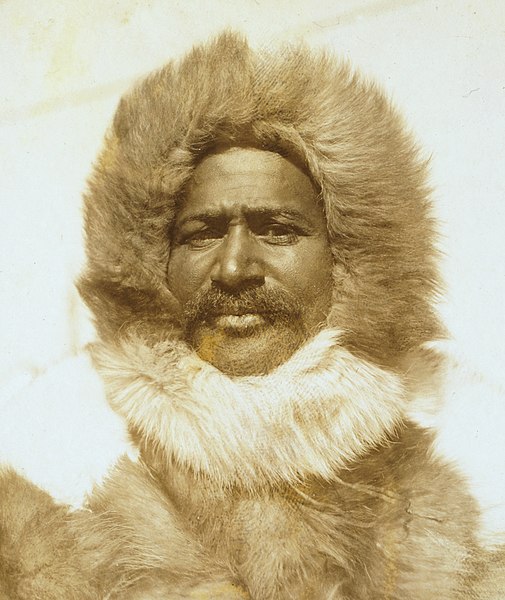
Matthew Henson (1866–1955) was an African-American explorer best recognized for his participation in the first successful voyage to the North Pole.
Henson was born in Maryland to free parents and served as a cabin boy on a ship at an early age before becoming a sailor. In 1891, he met renowned Arctic explorer Robert Peary and joined him on missions to Greenland and the North Pole.
Henson became Peary’s most trusted companion over the years, and he played an important role in several of his excursions, including the 1909 mission that finally reached the North Pole.
Henson was in charge of leading the sled dog teams and scouting the route ahead of the rest of the party. He was also an Inuit culture and language expert, and his understanding of the Arctic geography and survival abilities were critical to the expedition’s success.
Henson endured persecution and racism upon his return to the United States, despite his important contributions to the North Pole expedition. He was widely neglected by the media and the general public, and his contributions to the expedition were frequently minimized or dismissed.
Henson’s legacy, however, was acknowledged in later years, and he was posthumously granted various accolades, including the Hubbard Medal from the National Geographic Society.
Henson is recognized today as a trailblazing African-American explorer and adventurer who surmounted adversity to make great contributions to Arctic exploration and our understanding of the planet.
2. Jean Baptiste Point DuSable
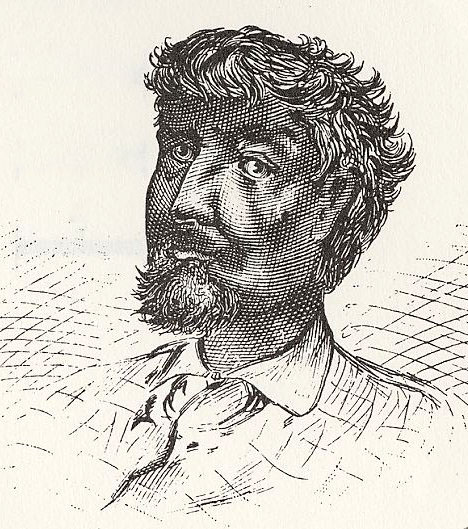
Jean Baptiste Point DuSable (1745-1818) was a Haitian-born explorer and trader who helped found the city of Chicago, Illinois. DuSable was born in Saint-Marc, Haiti, and later settled in North America’s Great Lakes region, where he established a trading post and rose to prominence in the fur trade.
DuSable established a permanent community on the banks of the Chicago River in the late 1700s. He established a residence and trade station, and his hamlet blossomed into a bustling community that served as the foundation for the city of Chicago.
DuSable’s village was strategically placed near the mouth of the Chicago River, making it a vital transit and commerce hub.
DuSable was well-known for his trading abilities, and he built partnerships with local Native American tribes as well as French and British traders. He was also well-known for his attempts to foster peace and understanding across various cultures and communities.
For many years, despite his enormous contributions to the foundation of Chicago, DuSable’s legacy was largely neglected. It wasn’t until the 1960s that efforts to honor his services were launched, and in 1968, the city of Chicago formally recognized him as the city’s founder.
DuSable is known today as a trailblazing African-American explorer and entrepreneur who played an important role in the early history of the United States.
3. Esteban Dorantes
Esteban Dorantes was a black explorer notable for his early 1500s expeditions in what is now the southern United States and Mexico. Dorantes was born in West Africa before being kidnapped and sold into slavery. He was eventually carried to Spain and sold as a slave to a Spanish nobleman.
Dorantes joined an expedition to Florida commanded by the Spanish explorer Pánfilo de Narváez in 1527 with the goal of exploring and conquering the country. The expedition faced tremendous challenges and hardships, and several participants died as a result of disease or famine. Dorantes survived and made it to what is now Mexico with three other survivors.
Dorantes and his companions lived with local Native American tribes, learning their languages and customs. They also became traders and healers, treating Native People with their understanding of Spanish medicine.
Dorantes and his friends were eventually rescued by another Spanish expedition led by lvar Ro Cabeza de Vaca in 1536. They went back to Spain and imparted their knowledge of Native American tribes and customs. Dorantes later went to Mexico and lived there, where he became a well-known member of the society.
Dorantes’ expedition was chronicled in Cabeza de Vaca’s book “Naufragios” (Shipwrecks), one of the earliest reports of Native American tribes and customs.
Dorantes is recognized as a trailblazing African explorer and trader who lived against all odds and contributed to our understanding of the Americas’ early history.
4. James Beckwourth
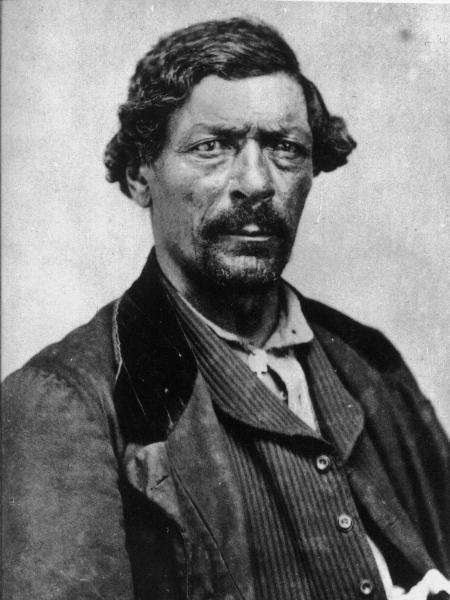
James Beckwourth (1798-1866) was an African-American adventurer, trapper, trader, and interpreter who made his name in the 1800s in the American West.
Beckwourth was born into slavery in Virginia but achieved his freedom after being purchased by a Scottish trader who transported him to St. Louis, Missouri.
Beckwourth joined a fur-trapping expedition to the Rocky Mountains in 1824 and swiftly rose to prominence as a trapper, hunter, and translator. He became a respected member of the Native American tribes in the area after learning their language and customs.
Beckwourth was also a skilled storyteller and explorer, and he became well-known in the West for his colorful tales and escapades. He claimed to have discovered a mountain pass named after him (Beckwourth Pass), as well as having fought in the Mexican-American War and the California Gold Rush.
Beckwourth’s autobiography, “The Life and Adventures of James P. Beckwourth,” was a best-seller that helped promote the myth of the American West. Notwithstanding some debate over his false stories and exaggerations, Beckwourth’s legacy as a pioneering African-American explorer and adventurer continues to inspire people today.
In 1958, he was accepted into the Hall of Great Westerners, and his narrative has been told in novels, movies, and other forms of media.
5. Samuel Sharpe
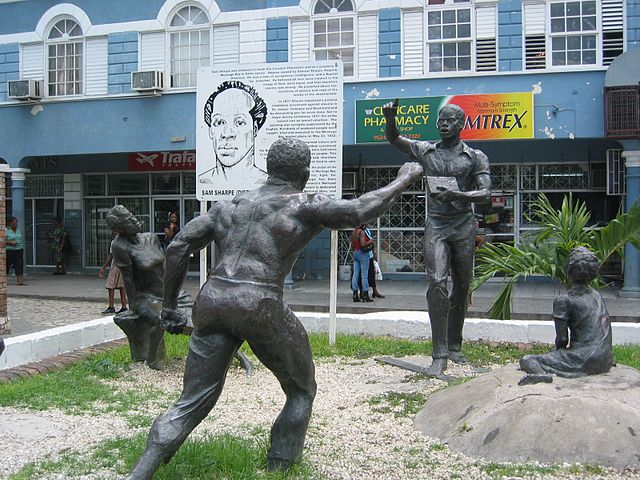
Samuel Sharpe was a black adventurer who joined the British explorer James Bruce on his late-1700s trip to Abyssinia (now Ethiopia). Sharpe was born in Jamaica and sold as a slave in London. He was later set free and worked as a servant for James Bruce, a friend of his previous employer.
Sharpe followed Bruce on an expedition to Abyssinia in 1768, which was a mostly unknown and unexplored region of Africa at the time. The expedition was difficult and perilous, with numerous hurdles and setbacks along the route.
They persisted, though, and ultimately arrived in Gondar, where they spoke with the local monarch and learnt about the region’s culture and history.
Sharpe was an important member of the expedition, acting as a translator and mediator between the British team and the locals. He was also in charge of documenting and recording the expedition’s results.
Sharpe was hailed as a hero and a pioneer of African exploration upon his return to England. He wrote about his adventures in a book called “Travels to Find the Source of the Nile,” which became a best-seller and inspired succeeding generations of explorers.
Sharpe’s reputation as a pioneering black explorer and adventurer is still remembered today, and he is regarded as one of the modern era’s earliest and most notable African explorers.
6. John Kizell
John Kizell (1750-1792) was a young West African guy who was kidnapped and sold into slavery. He was transferred to South Carolina and given to a British plantation owner. Kizell, on the other hand, managed to escape slavery and eventually returned to his native Sierra Leone.
In Sierra Leone, Kizell rose to prominence as a trader and interpreter, collaborating with British and American businessmen interested in the region’s natural resources, such as diamonds and gold. He also acted as a go-between for the British and the indigenous tribes, assisting in the negotiation of trading deals and agreements.
In 1786, Kizell was approached by John Matthews, a British explorer preparing an expedition up the Gambia River. Kizell decided to join the trip as an interpreter and guide, and he was instrumental in its success. He was able to use his understanding of local customs and terrain to assist the expedition in navigating the river and avoiding potential hazards.
Kizell’s expedition was described in Matthews’ book “Voyages and Travels in the Years 1785, 1786, and 1787,” which popularized the concept of African exploration and opened up new opportunities for trade and commerce in the region.
Kizell’s legacy as a pioneering black explorer and interpreter lives on, and he is revered in Sierra Leone and other regions of West Africa. His narrative is a strong reminder of enslaved people’s perseverance and drive to endure even the most severe situations.
7. Olaudah Equiano
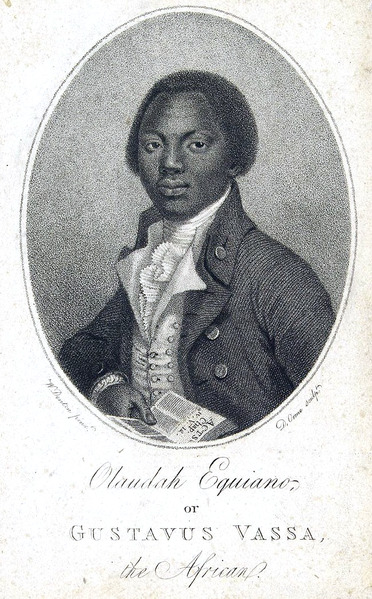
Olaudah Equiano (c. 1745-1797) was a West African man who was kidnapped as a youngster and sold into slavery. He was taken to North America’s British colonies and worked as a slave for several different owners. However, he was able to buy his own release and became a free man in 1766.
Equiano traveled extensively around the British Empire after winning his release, including journeys to the West Indies, South America, and Europe. In 1789, he produced a best-selling autobiography called “The Fascinating History of the Life of Olaudah Equiano,” which helped him become a famous figure in the abolitionist cause.
Equiano chronicled his experiences as a slave and his path to liberation in his autobiography, as well as his travels and meetings with many nations and societies. He also pushed for the elimination of slavery and African-American rights.
Equiano’s autobiography was extensively read and became a seminal work in the abolitionist cause. It aided in raising awareness of the evils of slavery and advancing the cause of liberty and human rights.
Equiano’s reputation as a pioneering black explorer and abolitionist is still remembered today, and he is regarded as one of the most significant people in African diaspora history. His narrative is a strong reminder of enslaved people’s perseverance and drive to endure even the most severe situations.
8. Mansa Musa
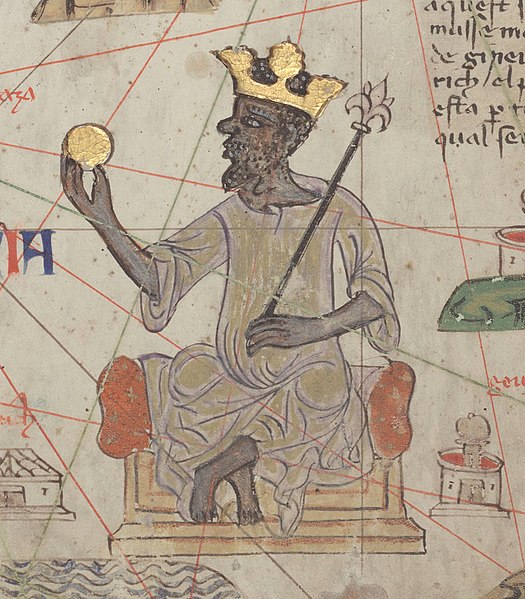
Mansa Musa (about 1280-1337) was an African emperor often recognized as one of history’s richest individuals. He was the Mali Empire’s eleventh Mansa, or monarch, and ruled over what is now West Africa.
Mansa Musa is most remembered for his 1324 pilgrimage to Mecca. He set out on a journey with a vast caravan of thousands of people and camels carrying gold, silver, and other important commodities.
Mansa Musa was hailed with tremendous honor and respect wherever he went as the caravan proceeded over the Sahara Desert and through Egypt.
Mansa Musa’s wealth and charity left an indelible mark on the people he met along the way. Throughout the route, he dispersed large amounts of gold and other treasures, and his generosity was commended by both travelers and historians.
Mansa Musa is also noted for his attempts to promote Islam and education inside the Mali Empire, in addition to his journey. He founded multiple mosques and Islamic schools and is credited with advancing Islamic education and learning in the region.
Mansa Musa’s legacy as a pioneering African monarch and adventurer is still recognized today, and he is regarded as one of West Africa’s most prominent rulers. His story provides as a strong reminder of the richness, power, and influence of medieval African civilizations.
9. Sonni Ali
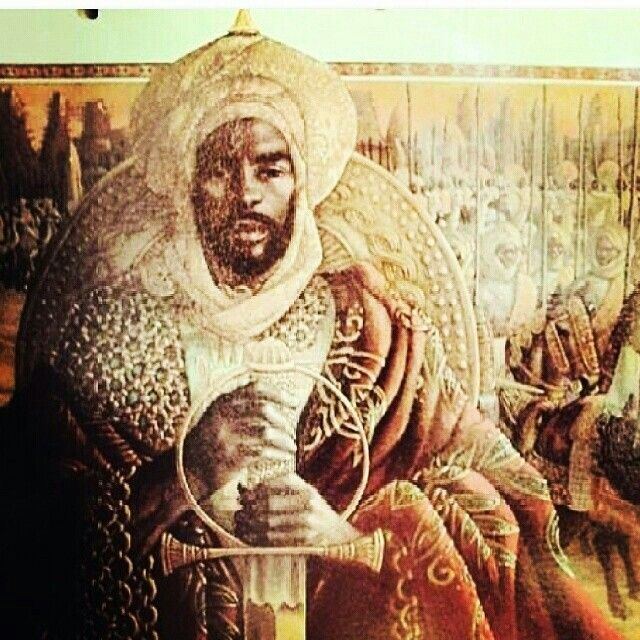
Sonni Ali (c. 1442-1492) was a West African ruler most known for his part in establishing the Songhai Empire, which ruled over what is now Mali, Niger, and Nigeria. Sonni Ali was born in Gao, a tiny city-state inside the larger Mali Empire at the time.
Sonni Ali became ruler of Gao in the early 1460s and began to expand his domain through conquest and diplomacy. He was a superb military leader and strategist who defeated neighboring kingdoms and established a mighty empire centered on trade and commerce.
The Songhai Empire grew to be one of West Africa’s largest and most powerful empires under Sonni Ali’s reign. He was well-known for his novel military tactics, including as the use of cavalry and weapons, which enabled his army to beat much bigger and better-equipped forces.
Sonni Ali was also an arts and culture patron, encouraging the advancement of literature, music, and other kinds of artistic expression. He was a pious Muslim who promoted the spread of Islam across his dominion.
Sonni Ali’s legacy as a pioneering African monarch and military leader is still remembered today, and he is regarded as one of West Africa’s most influential individuals. His story provides as a strong reminder of the richness, power, and influence of medieval African civilizations.
